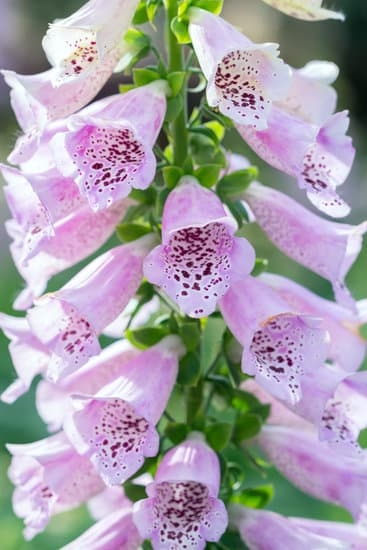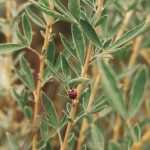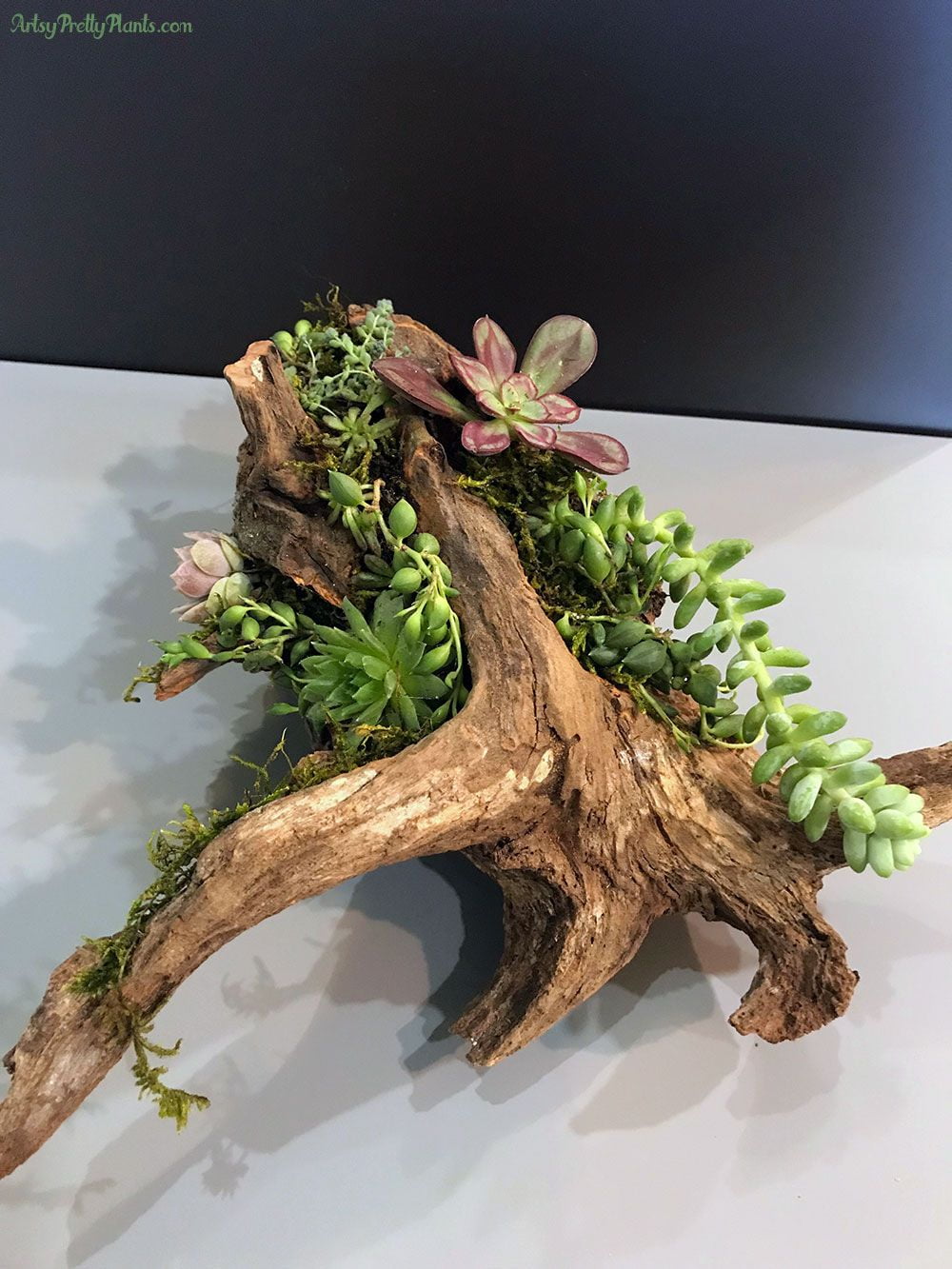Plant Selection Tips
When selecting plants for New Jersey gardens, it is important to choose plants that will thrive in the soil and climate conditions of the region. It’s important to consider factors such as soil pH, drainage, sunlight needs, and climate zone when selecting plants. Native perennials and grasses tend to be well-adapted to New Jersey’s soil and climate conditions. Annuals that prefer cooler temperatures, also known as cool-season annuals, may be more reliable here than hot-season annuals such as impatiens or petunias.
In terms of trees and shrubs for the landscape, many native species can be successful in New Jersey gardens. Trees such as red maple, white oak, paper birch, eastern hemlock, shagbark hickory are all suitable for local landscapes. Popular shrub options include chokeberry, ninebark sumac, winterberry holly and arrowwood viburnum. Evergreens such as Norway spruce, white pine and spruce fir add greenery all year long.
When planting vegetables in the garden it is important to select varieties best suited to New Jerseys shorter growing seasons. Examples of vegetables with shorter maturation periods include radishes cricketleg peas leaf lettuce turnips sugar snap peas Chinese cabbage endive fennel Swiss chard and spinach. Fall planted crops like garlic shallots kale collards mustard greens beets carrots rutabagas onions parsnips turnips Brussels sprouts arugula can also perform well in cool season climates like those found in New Jersey
Organic Gardening Tips
Organic gardening is a great way of ensuring that your garden is safe for the environment and produces nutritious, wholesome produce. Some practices to consider include keeping your soil moist by using natural mulch or compost, instead of chemical fertilizers or pesticides. Soil amendments like fish emulsion, bone meal, and kelp can provide essential nutrients to plants and contribute to their strength and health. Planting heirloom varieties of vegetables will also help maintain biodiversity in your area, as well as selecting resistant species that are adapted to local climates. To save water, install soaker hoses beneath the mulch or use drip irrigation, which directs water straight to the base of the plants. Make sure you mulch deeply around creeping plants and herbs to prevent weed growth and conserve moisture. Lastly, attract pollinators like butterflies and bees by planting a mix of seasonal flowers in your garden. By following these simple tips for an organic garden, you can create an attractive sanctuary for both yourself and the wildlife!
DIY Gardening Projects
One fun and creative gardening project that can be done at home is creating a DIY container garden. This project can easily be accomplished using found items such as old buckets, barrels or watering cans. Planting in containers gives you the opportunity to mix and match plants, as well as choose from a wide variety of shapes, sizes, and materials for your containers. Plus, you don’t have to worry about digging deep into the soil. Just fill your containers with potting soil, place the correct number of plants based on the size of the container and amount of sun it receives, and water regularly for beautiful results! Additionally, planters give you mobility so that you can move them around your garden throughout different seasons to take advantage of more sun exposure or better water availability.
Another unique DIY gardening project is vertical gardening. If you have little ground space or want an attention-grabbing focal point in your garden, try a vertical garden. Using wood or metal trellises mounted on fences or walls can create living “wall art” that adds structure and dimension to vegetable gardens, flower gardens and herb gardens alike. Plus vertical gardening offers improved air circulation and disease management plus some vegetables such as tomatoes can be grown easily this way open up more planting space! Start off small with a few vining plants—such as cherry tomatoes or pole beans, but feel free to experiment with all types of veggies if desired—to add height while keeping costs low.
Water Conservation Strategies
When using water for gardening in New Jersey, the most important thing to remember is to use water efficiently. There are many different strategies that can be employed to ensure that gardens get the amount of water they need without wasting any. To start, it’s important to establish well-established irrigation plans and regularly inspect systems for leaks and other problems. Additionally, mulching materials or coverings should be used around plants in order to retain soil moisture. To conserve even more water, consider utilizing rain barrels or greywater systems to capture any excess or rainwater runoff for later use. In addition to an irrigation plan, making sure that the right method of watering is utilized for each type of plant is key. For example, driplines provide targeted watering straight to the roots of plants and should be used for taller crops that require deep watering such as tomatoes; while sprinklers are best used for larger areas with shorter crops such as grasses or flowers. When it comes to hand-watering plants (such as new seedlings), it’s best practice to take care not to flood overly large areas and make sure you are using a fine mist nozzle hose—your times won’t appreciate too much direct spray!
Wildlife Gardening
One of the best ways to attract pollinators and other helpful animals and insects to your garden is by creating a wildlife-friendly environment. To do this, you should plant flowers that are specifically designed to attract these creatures. For example, borage, aster, asters, sunflowers, daisies, and goldenrods are all excellent flowers for attracting bees and butterflies. If you have more space in your garden consider planting native grass areas to give passing animals a safe place to rest and forage for food. Additionally, incorporate bird feeders into your landscape, as well as birdhouses built from recycled materials such as logs or old buckets. Incorporating branch piles will also help provide shelter and nesting habitats for ground-foraging birds like sparrows or chickadees. On top of this you can also create small water areas or try adding a bat box where bats can hang out during warm days. By adding just these few elements you will be encouraging helpful creatures into your garden while providing them their essential needs!
Advice from Local Gardeners
One of the biggest challenges when gardening in New Jersey is dealing with the soil quality. In fact, it’s estimated that over half of New Jersey soils lack important nutrients that can be beneficial for healthy plants and gardens. To counter this issue, local gardeners advice adding a generous layer of compost to the soil when gardening and replenishing your beds a few times a year. Additionally, fertilizing and mulching will help keep your soil fertile.
Another challenge with New Jersey’s climate is dealing with excess moisture. Heavy rains can cause roots to rot or attract pests such as snails or slugs, among other things. To fight against this problem, many gardeners suggest putting down stones or gravel on top of the soil around your plants to create proper drainage while using raised garden beds or containers helps prove even further protection from standing water due to excessive rains. Additionally, removing dead stems or leaves from the base of plants helps reduce humidity-loving pests such as slugs and snails. Taking these steps will help ensure healthy plant life in your garden beds all year round!
Community Garden Resources
New Jersey provides many excellent opportunities for gardening enthusiasts to find a variety of community garden resources. Whether it be community-led events, urban farms, contributions from local charities, or other types of support, there are various forms of gardening experience available.
Local garden groups can offer everything from shared equipment and materials to workshops and classes so gardeners can learn how to better operate their own gardens. These groups also help provide a sense of camaraderie with fellow gardeners where experiences and advice can be shared. Urban farms provide fresh produce year-round to improve community nutrition by offering locally grown fruits and vegetables in convenient locations throughout New Jersey. Industrial sites help foster healthy living through creative uses of space that emulate natural environments while providing educational opportunities on food production and sustainability. Local charities often sponsor donation-based gardens which allow people unique access to fresh produce despite financial constraints. These generous donations provide an incredible asset to the community by fostering healthy lifestyles through viable growing options.
No matter which type of resources you utilize, whatever the level of green thumb may be, New Jersey’s extensive availability and immense variety of gardening resources make this state an ideal location for both residential or commercial growers!
Ways to Share Your Garden
One way to share your garden with the world is to create a blog. Use the blog to post regularly about the progress of your gardening and any advice you might have for other aspiring New Jersey gardeners. Additionally, you could use social media platforms like Instagram, TikTok, or Twitter to share visuals and videos of your achievements and growth within your garden. Another option is to invite friends and family over to witness your hard work in person! Start a tradition and host outdoor gatherings under the stars so they can appreciate what you’ve built firsthand. Lastly, if you would like to get more serious about sharing, consider creating an online store or marketplace where you could sell plants or produce from your garden.

Welcome to my gardening blog! I am passionate about plants and enjoy sharing my knowledge and experiences with others. In this blog, I will write about everything related to gardening, from tips on how to get started to updates on my own garden projects.





